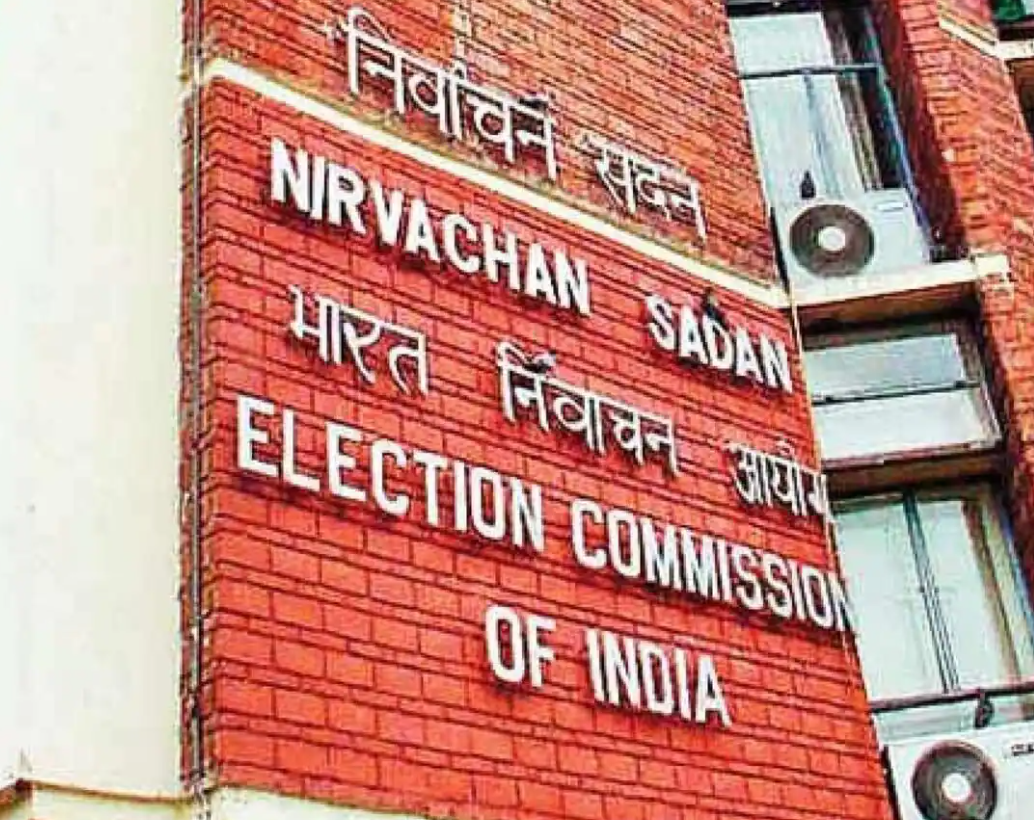Powers and Functions of the Election Commission of India
The Election Commission of India (ECI) is a constitutional body established under Article 324 of the Constitution of India. It is responsible for superintendence, direction and control of the electoral process. It oversees the conduct of elections to Parliament, State Legislatures, and the offices of the President and Vice President.
Constitutional Powers
As per Article 324, the ECI has the power of “superintendence, direction and control of elections”. This implies overseeing the entire electoral mechanism in India. The Article aims to ensure free and fair elections, hence vesting the Commission with adequate autonomy and authority. However, Article 327 provides that Parliament may make provisions with respect to elections as per the Constitution. Therefore, the ECI has to act in conformity with laws made by Parliament under Article 327.
Demarcation of Constituencies
The Delimitation Commission established under the Delimitation Commission Act 1952 demarcates boundaries for parliamentary and legislative assembly constituencies based on the latest census data. According to Section 8A inserted by the Delimitation Act 2002, the Election Commission serves as an ex-officio member of the Delimitation Commission. It oversees the work regarding the demarcation of constituencies to balance the population across all seats.
Electoral Rolls
As per Section 21 of the Representation of People Act, 1950 the ECI is tasked with preparing and periodically revising electoral rolls. It registers eligible voters and compiles the electoral roll for every constituency before elections. Every person above 18 years is eligible to be registered as a voter as per Section 19.
Registration and Recognition of Political Parties
According to Section 29A of the Representation of People Act, 1951 inserted through Amendment Act 1988, the ECI registers political parties and categorizes them as National or State Parties as per their poll performance laid out in the Election Symbols Order 1968. It also authorizes party symbols and allocates them to candidates.
Scrutiny of Nomination Papers
As per Article 324 read with Section 36 of the RPA 1951, the Returning Officer under the ECI examines nominations filed for correctness as per the guidelines laid. Improper nominations can be rejected after recording reasons to ensure only genuine and rule-abiding candidates contest polls.
Conduct and Monitoring of Polls
Section 28A inserted in RPA 1951 states that the ECI directs and regulates the polling process for all Parliamentary and Assembly constituency elections in the country. This includes issuing voting guidelines, ensuring compliance of rules and appointing election officers to scrutinize the polling process from enrollment to results.
Regulation of Election Expenses
To maintain transparency, Sections 77 & 78 of The RPA 1951 mandate that candidates submit their detailed election expense accounts to the ECI. Any discrepancies, concealment or excess expenses as laid out in Section 10A of the Act can lead to candidate disqualification through standard scrutiny procedures.
Dispute Redressal
Under Article 329, the ECI resolves certain electoral disputes. Anyone questioning poll validity has to appeal to the Supreme Court under Article 329(b). For other issues, the Commission settles electoral disputes to ensure quick redressal through fair scrutiny and is guided by the need to enforce electoral justice through its constitutional mandate.
Advisory Role
As per Article 103 & 192, the ECI advises the President and Governor on any disqualification of elected MPs and MLAs respectively based on infractions of election rules and procedures that it thoroughly reviews. Its consultation is mandatory for effective checks and oversight.


